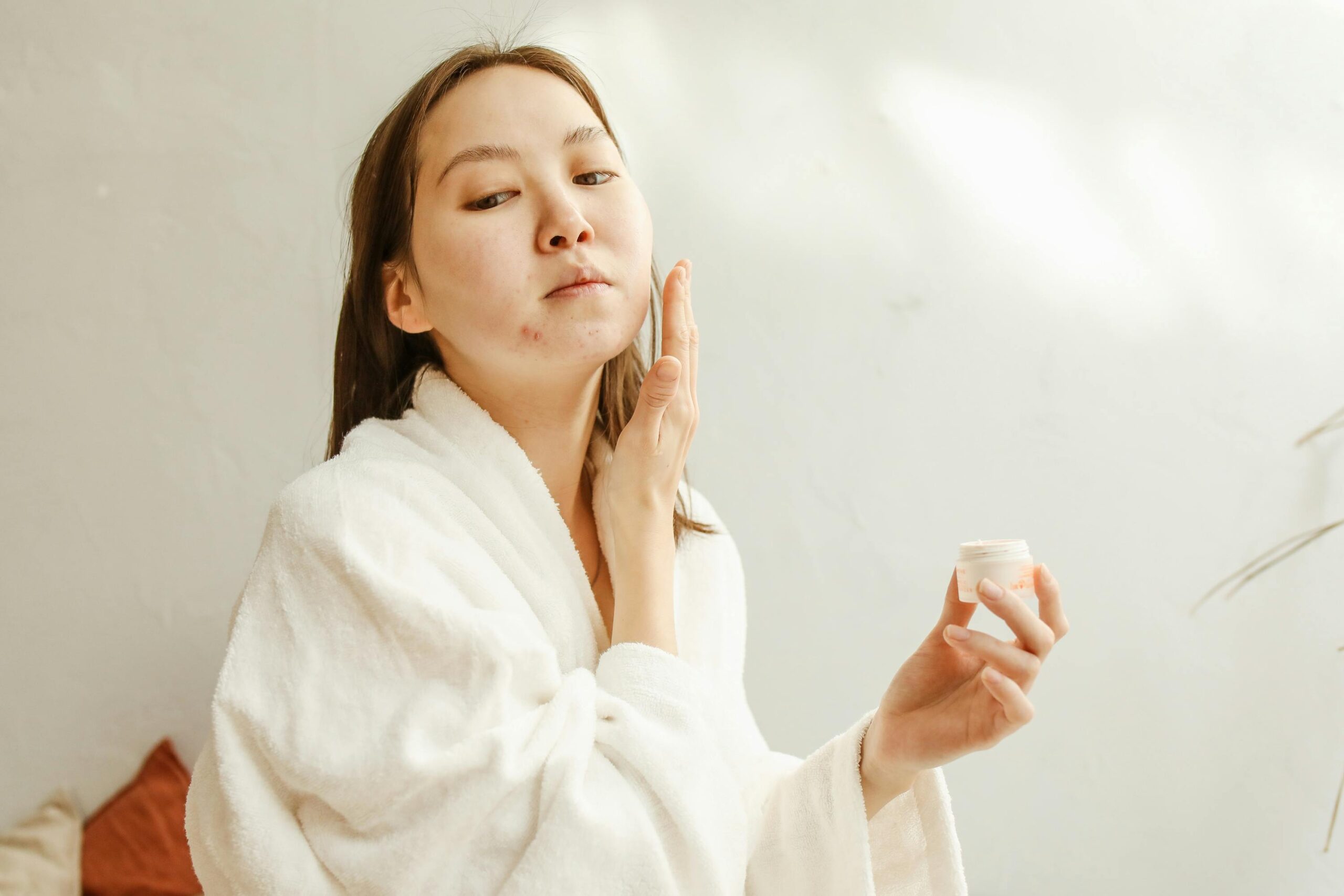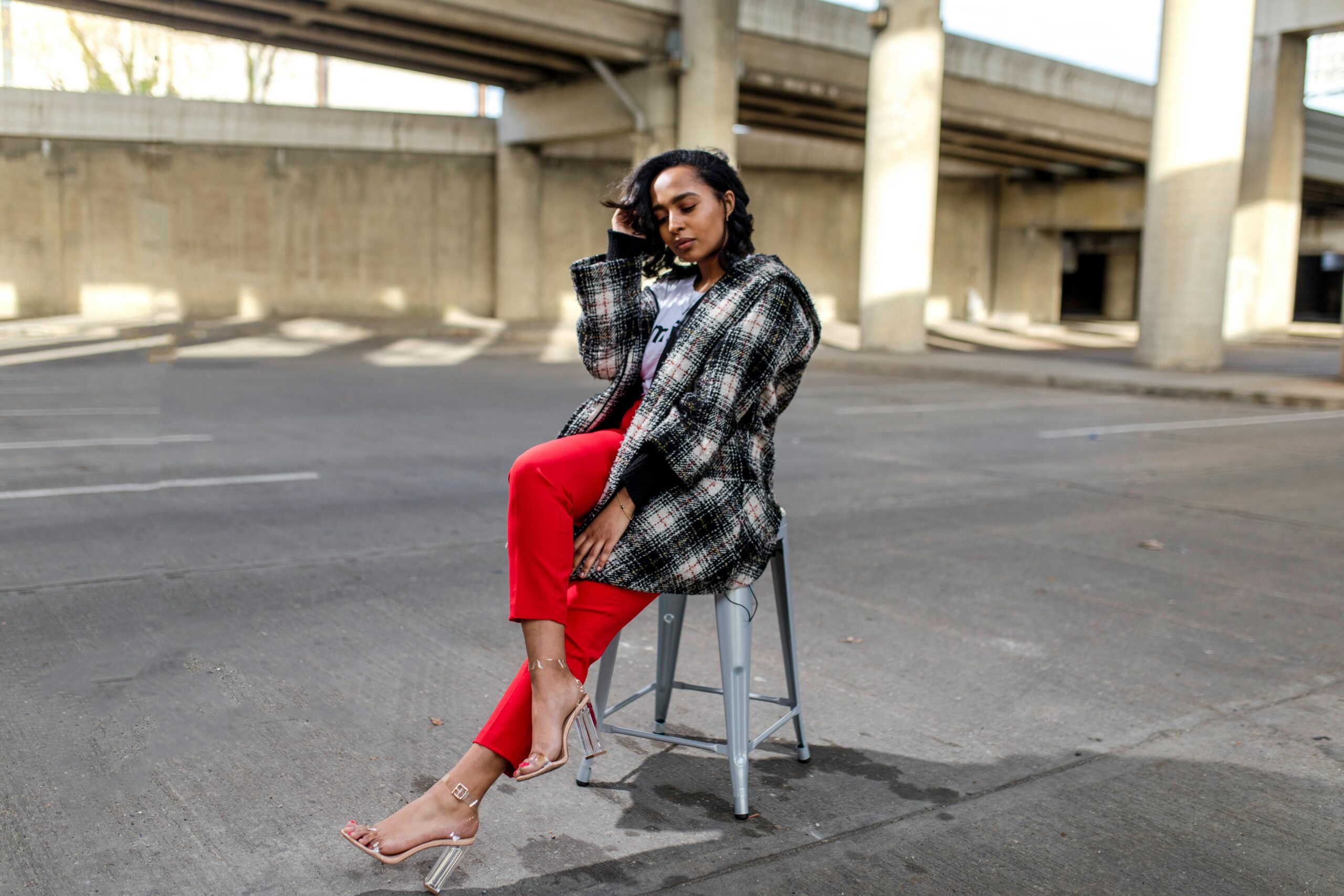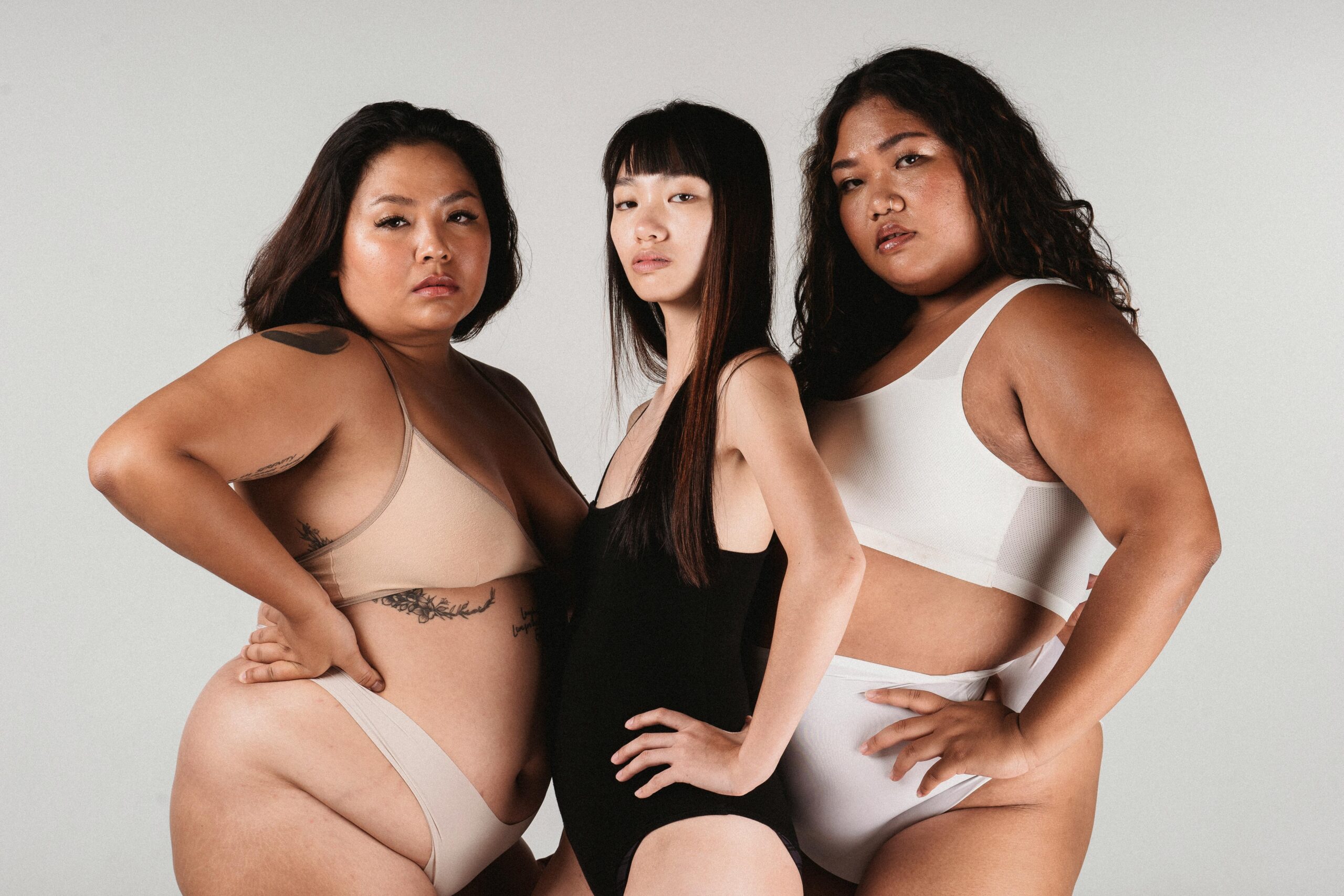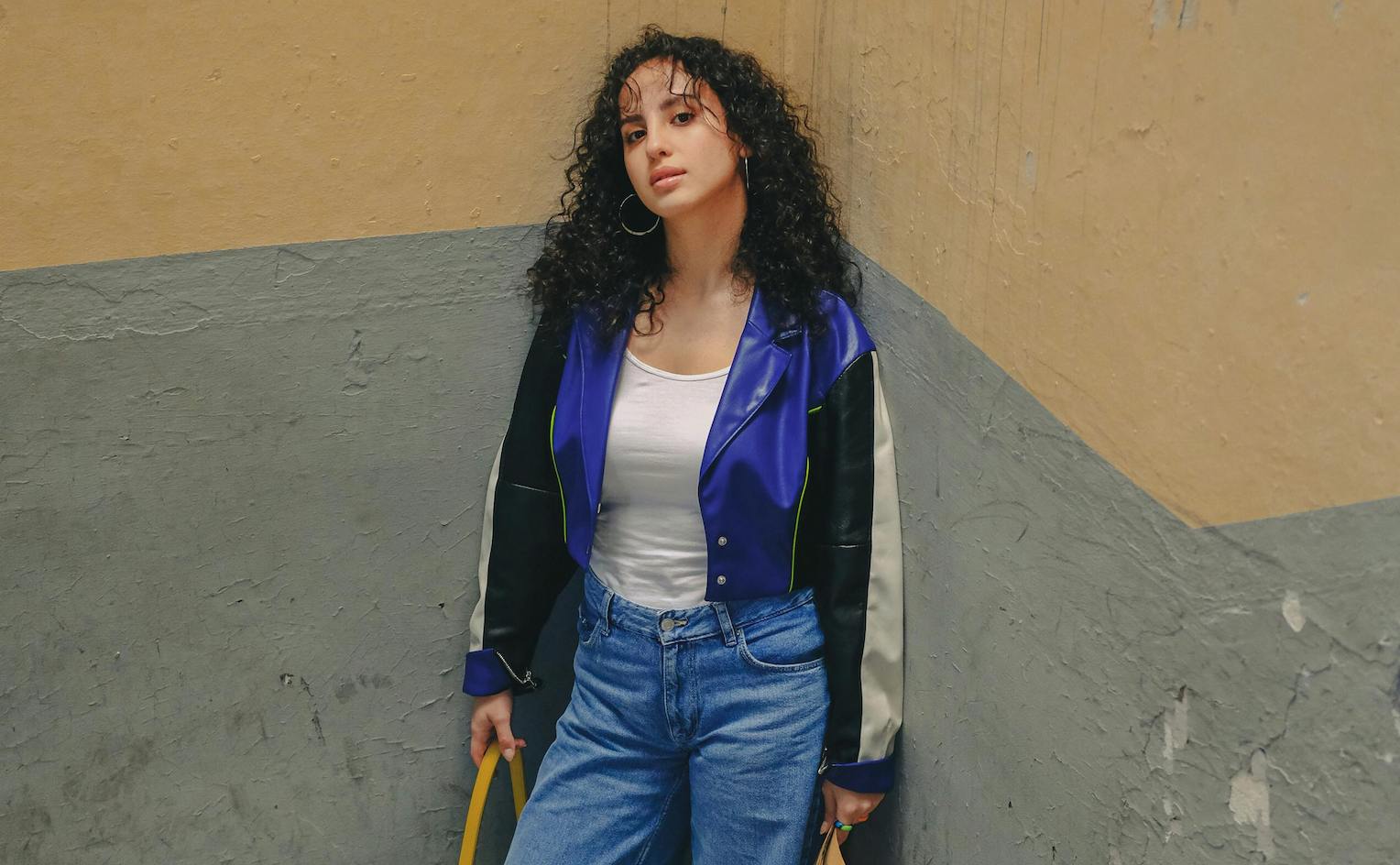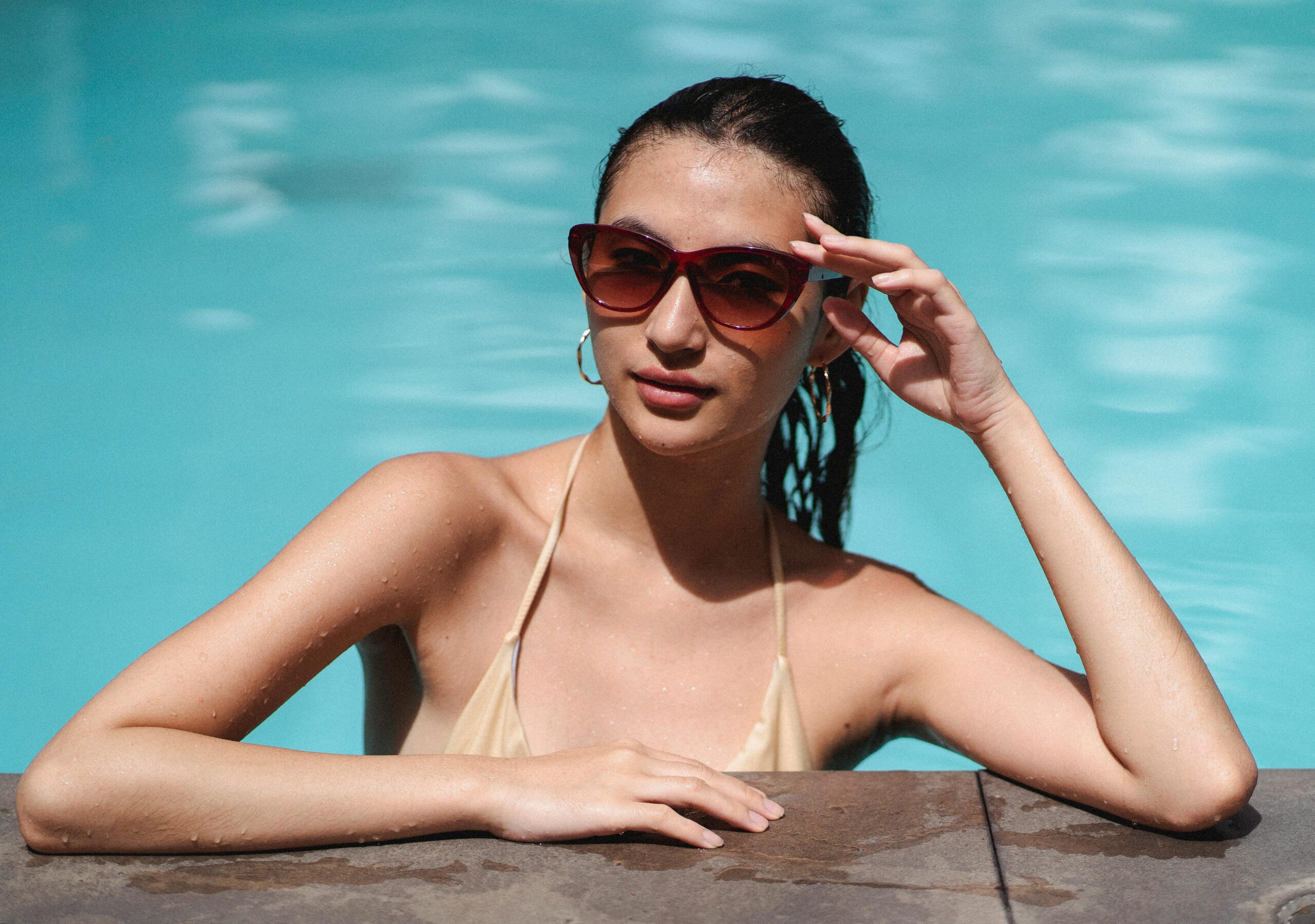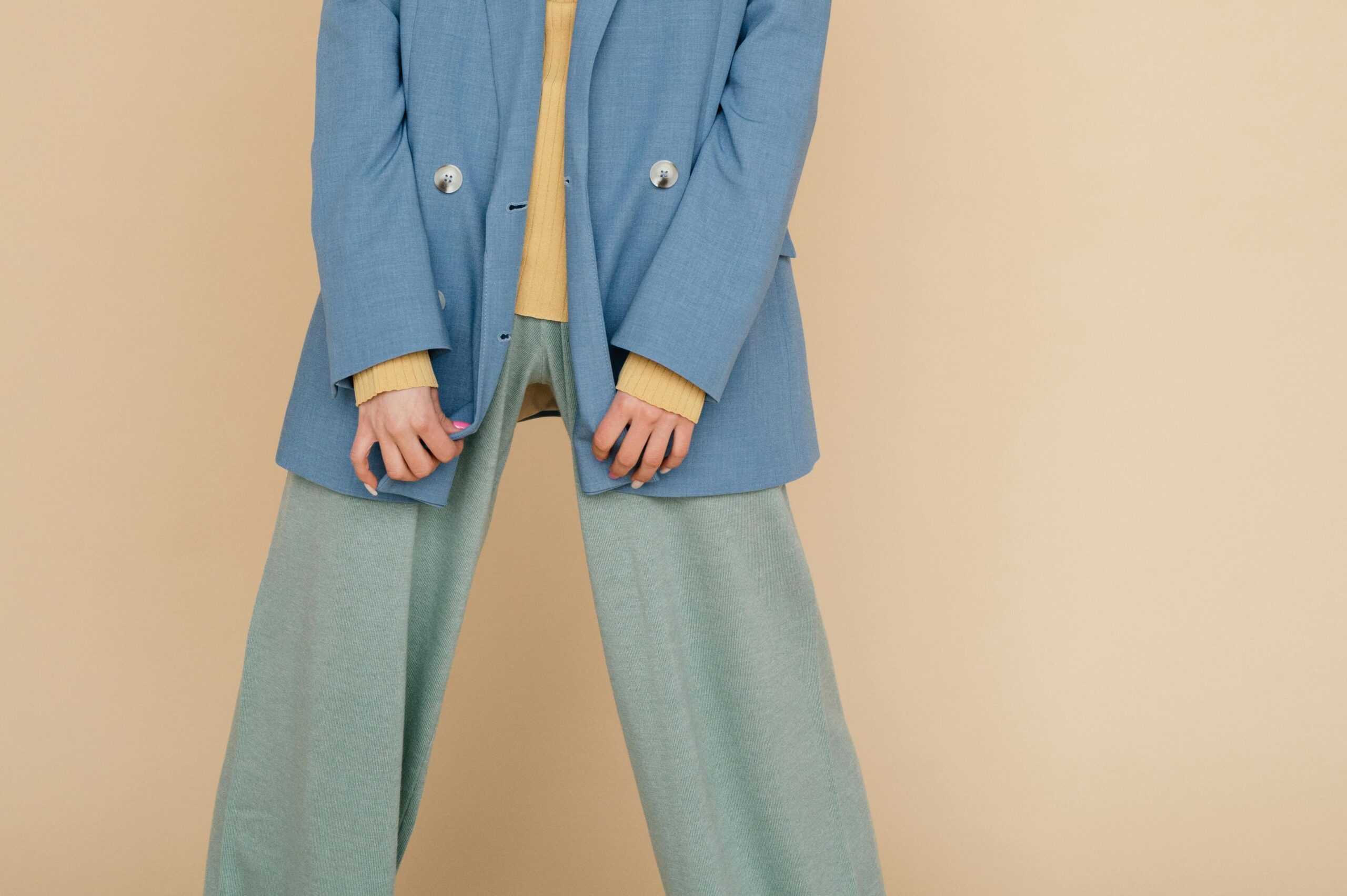
When we traditionally think of New York Fashion Week, or any fashion week for that matter, we normally think of super skinny women, clothes on the runway that no average person would ever wear, and the glitz and glamour of an industry that hides many dark secrets. For years the four main fashion week events held around the world NYFW, London Fashion Week, Paris Fashion Week and Milan Fashion Week, dictate what generations of women want to be adorned with on the outside of their bodies. But imagine if there was a fashion week event that stopped to check in on what is going on on the inside instead…
Wish no more, because fall fashion week in New York just featured a very empowering and unique event that was a huge deviation from the norm, but for a cause. A hugely influential platform like fashion has the power to change lives, and finally one clothing label together with a non-profit organization is doing that at NYFW.
Wear Your Label is a conscious clothing company which raises awareness about mental illness. The two founders hail from Canada and describe themselves as “young people working on recovery”. A percentage of all their sales go toward organizations that work toward raising awareness and breaking down stigma around mental illness. One of those orgs is UROK, their NYFW collaborators. UROK was founded in 2014 by screenwriter Jenny Jaffe, who also struggled with certain mental illnesses. UROK was started to help teens and young people know that they are not alone in their struggle and that they can get through it.
From Sept 11-13, Wear Your Label together with UROK held a pop-up store and put on a runway show at Punto Space where each piece of clothing featured signature slogans such as “it’s okay not to be okay” and “How to Take Care of Yourself”. Added to the collection for this special event were tees saying “UR OK”. Since this is such a great disruption of the fashion space with a very important message, we chatted with representatives from both organizations, (Jenny Jaffe and Sarah Hartshorne from UROK and Kayley Reed from WYL) about the significance of the pop-up store and what they hope fashionistas will take away.
=======================================================


Tell us about UROK and how the project came about?
Jenny Jaffe: Project UROK is a nonprofit organization that seeks to de-stigmatize, and change the conversation around, mental illness through digital content aimed at teens and young adults. I first conceived of the project after an article I wrote for xoJane about my experience in exposure therapy for OCD was met with many comments along the lines of “I wish I’d known earlier that other people have had the same struggles as me”. I know I’d wanted a resource like this when I was really struggling with OCD, anxiety, and depression as a teenager, so that’s the resource I set out to create.
Jenny how has your experience as a writer contributed to the success of UROK?
JJ: I think it has played a role in my ability to make sure the language used by Project UROK is always intentional. I really believe in the power of words, and I believe that the way we utilize the terminology we do around mental illness is an important part of the national conversation we are trying to facilitate.
Sarah, being a contestant on ANTM cycle 9, suffering with PTSD and now being a documentary filmmaker, how do you think a resource like UROK will help other young men and women who have had similar experiences?
Sarah Hartshorne: As a kid, and even when I was on ANTM, I often felt like my experiences were so weird and out there. On the one hand, that made me feel special and I used humor and stories to cope, but on the other hand, I felt lonely and isolated, as though no one could understand. But the world is such a big and amazing place that I’ve been able to connect with tons of people with similar stories, and that’s been really great.

You have had some really awesome people film videos for your organization such as actress Mara Wilson. How do you pick who gets to be featured?
SH: We want any and everyone to tell their story and we put them all on our YouTube channel and website. We’ve gotten so many amazing user videos, and we can’t wait to get even more.
JJ: The process each video goes through is the same, no matter who is in it. For people like Wil Wheaton or Perez Hilton, we reached out through Project UROK’s publicist- otherwise, it’s been a lot of asking friends and having people reach out to us on social media.
Give us some of the basic stats on teen suicide and mental illness we all need to know about?
SH: 1 in 12 teens will attempt suicide, and 1 in 6 will seriously consider it. Suicide is the 3rd leading cause of death for teenagers. If you are considering suicide, please call 1-800-273-8255.
You are collaborating with conscious clothing company Wear Your Label for a very special NYFW show. Can you tell us how this came about?
JJ: We’re so excited about this collaboration! We started seeing a lot of press about Wear Your Label a few months ago, shortly after we launched. We loved what they were doing, and sent an introductory email, just because it seemed like we might have some overlap. From there it was love at first phone call– we’ve been working on this collaboration for a while and are so excited to release it!

Mental Illness is not normally a topic discussed in fashion circles, why do you think it is a great platform to raise awareness?
SH: I think in some ways the fashion industry is more inclusive and progressive than the rest of the world. It’s amazing to see the impact of models like Andreja Pejic and Melanie Gaydos.
On the other hand, there’s a lot of progress that still needs to be made. Runways and magazines are still predominantly white. And studies show that the fashion industry’s obsession with thinness has measurably detrimental effects on teens, especially those who are already vulnerable to mental illness and eating disorders.
So it’s the perfect arena to talk about mental illness, because it’s something that touches so many members of the fashion community, and by giving those people a platform, they’re in a unique position to enact change. I think Wear Your Label is a great example of the good that can be done both within this industry and without.
Why is there such a disconnect and lack of information about mental illness, despite seeing countless news stories everyday about people who in some cases hurting others very badly?
SH: I think those news stories are part of the disconnect. When you only talk about mental illness when someone commits a terrible crime, then we, as a society, learn to associate mental illness with violence. In reality, people with mental illnesses are no more likely to be violent or commit a crime than anyone else. In fact, they’re more likely to be the victim of a violent crime than commit one.
Furthermore, when a white male commits a crime, we say he’s mentally ill. When a person of color commits a crime, they’re a thug or a terrorist. The media has a crazy distorted view of mental illness and it’s shrouded in fear and misinformation.

The fact is, 1 in 4 people in America have a mental illness. Being mentally ill doesn’t make you a criminal, just like being a particular race, gender, sexual orientation or religion doesn’t make you a criminal. And no matter what your diagnosis, you are not alone. And you are ok.
JJ: Precisely what Sarah said. I think the problem is that the term “mental illness” often conjures up images of people, often white and male, who have committed violent crimes. There is no one “look” to mental illness; there is no one “type” of person who can be affected by mental illness. And everyone deserves access to treatment and care.
What can everyday people do to be an ally or raise awareness about this issue?
SH: Be honest, kind, sensitive and open. Ask questions when you have them, but understand when people can’t or won’t answer. I am happy to talk about my experiences, but I don’t owe anyone my story.
JJ: I’ve said it before and I’ll say it again: being a good ally is very much like being a good intern. Listen, take notes, speak up when asked to, get coffee. If you are passionate about mental health activism and don’t personally struggle with mental illness, amplifying the stories of people who do on social media or in your day to day life is always helpful.
What is one myth about mental illness you wish the public or the media would stop perpetuating?
SH: That mental health care is a privilege or selfish. It’s not a privilege. It’s a right.
JJ: That mental illness is something to be ashamed of and that we should speak about it in coded terms. That certain mental illnesses are more “acceptable” than others- I don’t like that mental health activism often excludes people with diagnoses outside of anxiety or depression. That the mentally ill are scary and dangerous. That “mentally ill” is a scary term.

Tell us about the exciting NYFW collaboration with UROK?
We met Project UROK after some press coverage in the US and instantly connected with their message, and approach to making a difference. Our brand’s aligned perfectly and we were super eager to create a collaborative line – starting with our first piece that’s launching at our NYFW pop-up. Our team wanted to design something fun, positive and relate-able that would playfully share Project UROK’s important message and that’s exactly what we came up with. Mental health is sometimes a heavy topic, and so it’s amazing to be able to create something that raises awareness but in a positive way.
Ethical and conscious fashion is so important in this huge industry, can you tell us why people are starting to catch onto this?
I think people just love finding meaning in things, and connecting to something – whether it’s a brand, a story, or something tangible. The community and mindset of living ethically and consciously is a trend that just makes you feel good, and more and more brands are understanding that you don’t have to sacrifice style to create change. You can do both.

Why do you believe it is your responsibility to put something positive and meaningful into the world with your designs, rather than just make certain people look good on the outside?
For Kyle and myself, it’s very personal. We both have experienced mental illness, and the negative impact stigma has on individuals. When we started Wear Your Label, it was just a side project in school to raise awareness for mental health and give back to non-profit organizations that we’d worked with and that had given us hope in dark times. Over the first few months – and even still – it’s evolved into something much more, and now we’re selling to customers all over the world.
But it started with a personal struggle, that we knew we could turn into a positive. We’re lucky enough to have gotten stronger through sharing our story, and professional treatment, but many people never get that opportunity. So many people who struggle with mental illness suffer in silence, and so we’re using our journey to help others realize that it’s not something worth hiding or being ashamed of. Through a lot of growth, we’ve also built a tangible product that makes you look good as well, but that’s really just the medium we chose. It’s always about the message first.

How can everyday people make ethical and conscious decisions when it comes to fashion?
Just thinking and asking questions makes a big difference. It’s easy to shop mindlessly online or at stores, because the industry is based on “what looks good” and visual trends. But more and more companies are being transparent about their process or cause, and it sheds a light on the others who aren’t. There’s a thousand ethical clothing lines, it’s just a matter of placing value on it and seeking them out. I think the social trend is really just starting though, because so many people are interested in looking good, feeling good, and doing good.
What is the main think you hope NYFW goers will take away from your pop-up shop?
Hopefully people leave feeling inspired to start their own conversations about mental health. It’s as easy as really asking someone “how are you today?” or being honest with yourself when you’re having a rough time and reaching out for help. And I hope people will feel connected. It’s so easy to feel isolated and alone when you’re struggling, and with the hustle and bustle of fashion week, but there’s people out there who care; organizations who are doing amazing things, and it can be comforting just to be in that environment for a bit.












